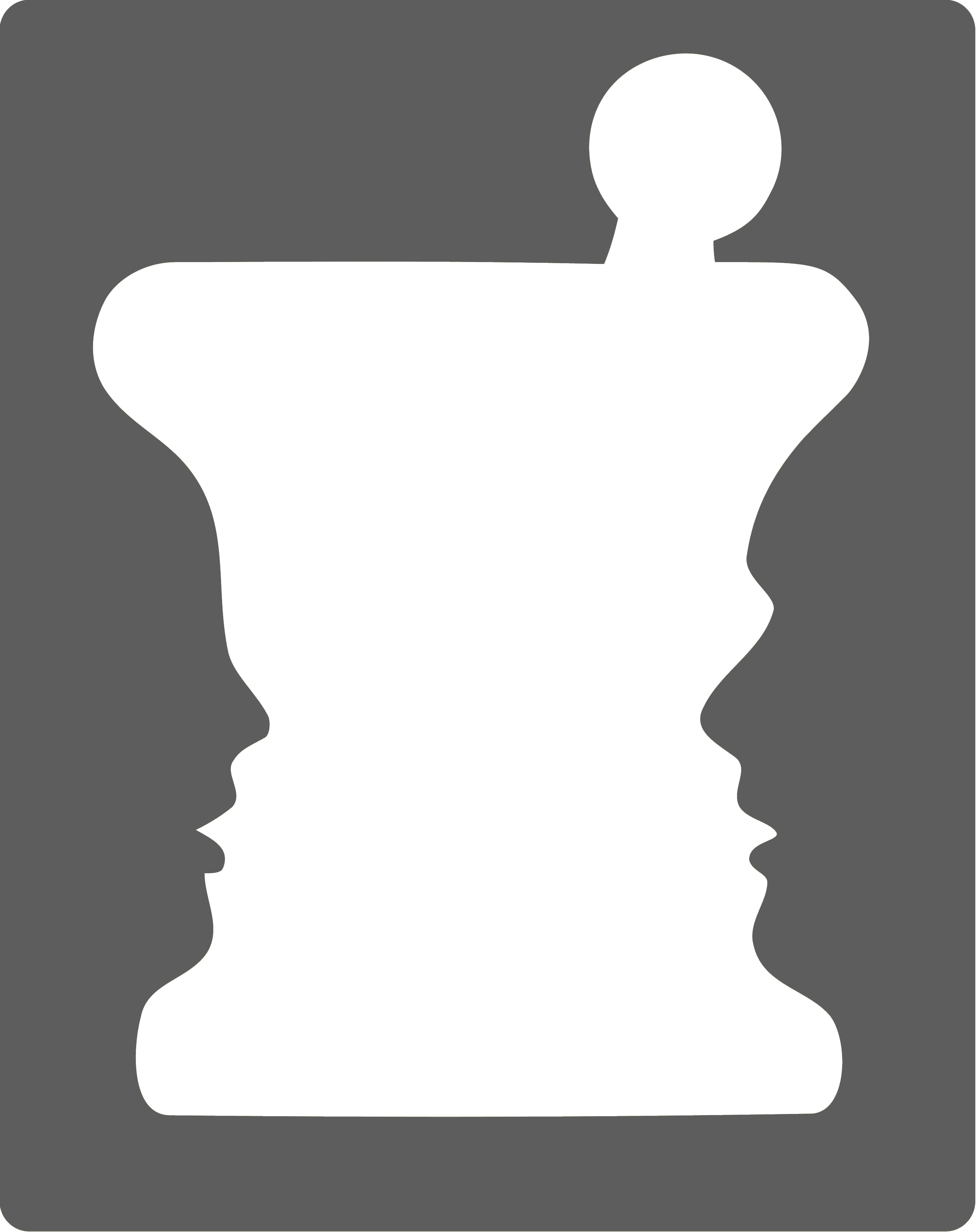Consumer Tips
- New Prescription Drug Discount Program for Medicare Recipients
- Get the Answer
- How to Take Your Pain Medications Effectively and Safely
- Side Effects of Narcotic Pain Relievers
- Older Adults and Medicines
- About Your Child’s Medication
GET THE ANSWERS
Talk with a pharmacist. Ask these questions about your medicines:
- What is the name of the medicine and what is it supposed to do?
- How and when do I take it and for how long?
- What do I do if I forget to take my medicine?
- Are there any side effects, and what do I do if they occur?
- Is there any written information available about the medicine?
HOW TO TAKE YOUR PAIN MEDICATIONS EFFECTIVELY AND SAFELY
Are you getting the pain relief you want?
- If you are not getting pain relief or are having side effects that you cannot tolerate, call your doctor or pharmacist.
- It is better to take your pain medication on a schedule if you are having constant pain. Do not wait until the pain is severe before taking your pain medication.
SIDE EFFECTS OF NARCOTIC PAIN RELIEVERS
What to watch for and how to decrease side effects
- Being sleepy, drowsy, dizzy or lightheaded is an expected side effect of narcotic pain relievers. The reaction is different for each person.
- Make sure you know how you react to this medicine before you drive, use machines, or do other jobs that require you to be alert and clearheaded.
- Do not drink alcohol while you are taking this medication.
These drugs may cause constipation. To prevent this from becoming a problem you can:
- Drink plenty of fluids
- Take over-the-counter (prescription not required) laxatives such as Senokot, Colace, and Milk of Magnesia if needed for constipation.
- If you have not had a bowel movement within three days after starting your pain medication, contact your doctor immediately.
- Your pain medication may also cause an upset stomach.
OLDER ADULTS AND MEDICINES
Key factors contributing to the improper use of prescription medicines among older Americans include:
- Poor communication between older patients and health professionals;
- Taking several medicines at the same time, including prescription and nonprescription medicines;
- Seeing and receiving prescriptions from more than one health care provider;
- With advancing age, the body's response to medicine changes; and
- The inability to take the medication as prescribed.
Adults involved in the care of older parents should know:
- What medicines their parents take and for what conditions;
- How often are they supposed to take their medicines;
- Whether their parents feel the medicine is helping; and
- If there are any problems with the medicine.
Years of training have made your pharmacist the health professional best qualified to help you understand the proper use of prescription and nonprescription drugs. Talk to your pharmacist!
YOUR CHILD'S MEDICATION
Four common mistakes children make with medicines are:
- Stopping too soon.
- Taking too little.
- Taking too much.
- Refusing to take the medicine.
Parents should know the following things about the medicines their children take:
- What condition the medicine is for, and what it is supposed to do;
- How much to give;
- If there are any side effects and what to do if they occur; and
- What to do if a dose is missed.



